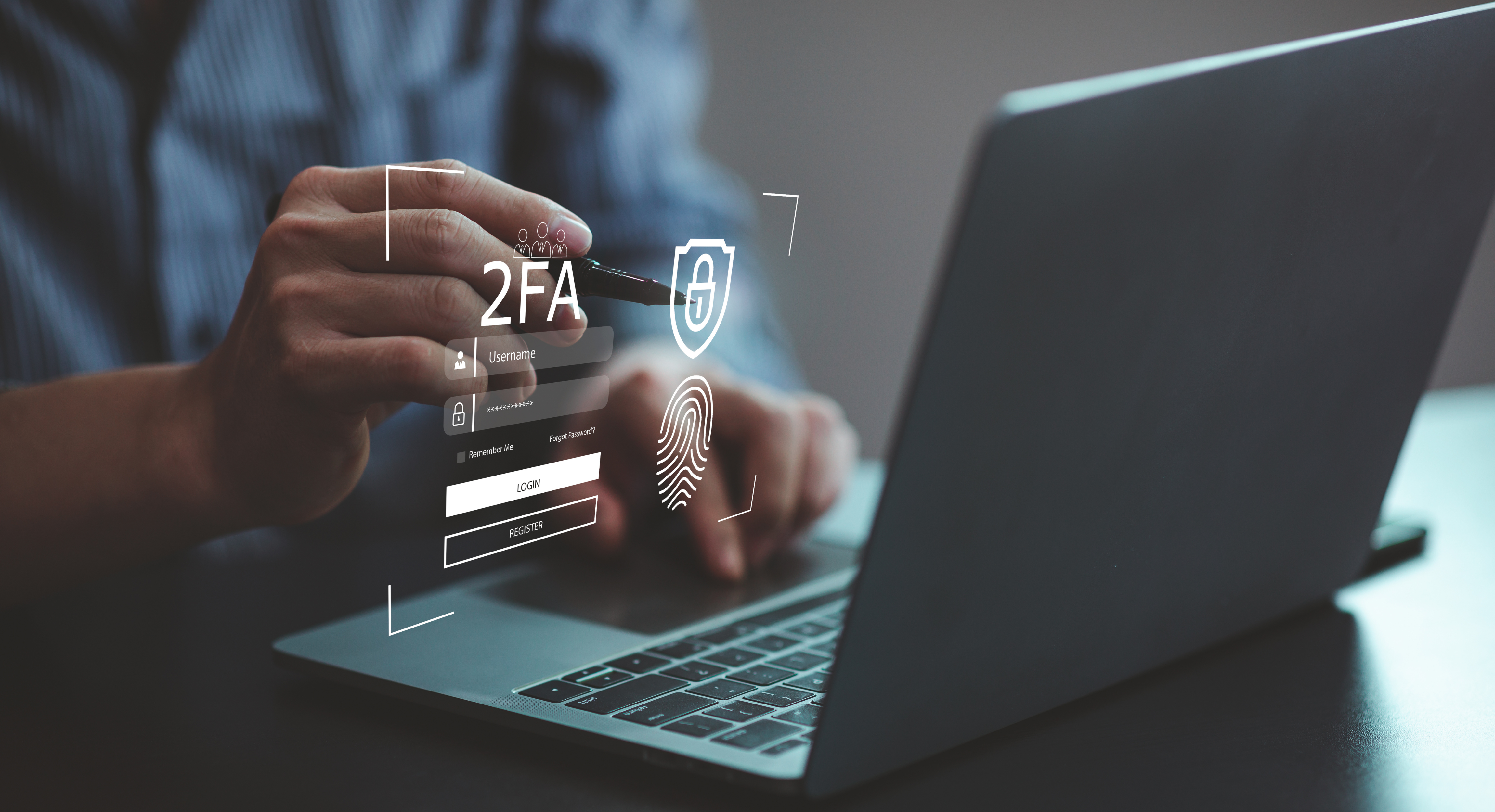Salesforce Data Breach Class Action Investigation
At Console & Associates, our data breach lawyers are closely examining the recent Salesforce data breach. This data breach was disclosed following a...
2 min read

Data breaches put millions of individuals' sensitive information at risk. As a result, companies are under immense pressure to implement robust security measures to protect their customers' data. One such measure is two-factor authentication (2FA), which has proven to be a highly effective tool in preventing unauthorized access to user accounts and minimizing the risk of data breaches.
Two-factor authentication is a security process that requires users to provide two distinct forms of identification before gaining access to their accounts. Typically, the first factor is something the user knows, such as a password or PIN, while the second factor is something the user possesses, like a smartphone or hardware token. Common types of 2FA include:
- SMS-based 2FA: Users receive a one-time code via text message, which they must enter along with their password to log in.
- Authenticator Apps: Users install a dedicated app on their smartphone that generates time-sensitive codes for login verification.
- Hardware Tokens: Physical devices, such as USB keys or smart cards, that generate unique codes or use cryptographic methods for authentication.
By requiring an additional layer of authentication, 2FA significantly reduces the risk of unauthorized access to user accounts, even if passwords are compromised. Hackers who obtain stolen credentials through phishing, malware, or data breaches would still need access to the user's second factor of authentication to gain entry. Studies have shown that implementing 2FA can prevent up to 99.9% of automated attacks on user accounts, making it a critical component of any comprehensive data security strategy.
Companies that fail to implement 2FA expose their customers to a heightened risk of data breaches and the potential for identity theft, financial fraud, and other harmful consequences. In many cases, the absence of 2FA can be considered negligence on the company's part, as it demonstrates a lack of due diligence in protecting sensitive user data.
Notable examples of data breaches that could have been prevented or mitigated by 2FA include:
- The 2017 Equifax data breach, which exposed the personal information of 147 million people
- The 2018 Marriott International data breach, affecting up to 500 million guests
- The 2019 Capital One data breach, which compromised the data of over 100 million customers
If you believe you have been affected by a data breach and the company in question failed to implement adequate security measures, such as two-factor authentication, we encourage you to contact Console & Associates, P.C. for a free, no-obligation consultation. Our knowledgeable data breach lawyers will review your case, explain your legal options, and work tirelessly to protect your rights and interests throughout the legal process.
Don't wait to take action. Contact Console & Associates, P.C. today to learn more about how we can help you seek justice and secure the compensation you deserve in the wake of a data breach.
At Console & Associates, our data breach lawyers are closely examining the recent Salesforce data breach. This data breach was disclosed following a...
At Console & Associates, our data breach lawyers are closely examining the recent Integrated Specialty Coverages data breach. This data breach was...
At Console & Associates, our data breach lawyers are closely examining the recent Integrated Oncology Network data breach. This data breach was...